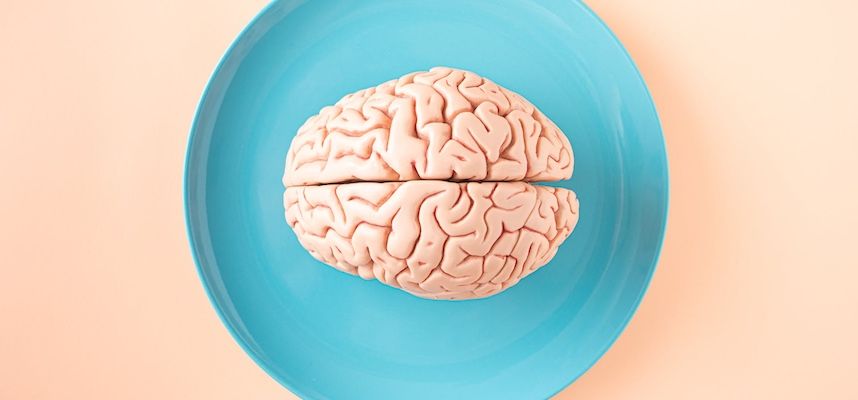Counseling is a rewarding and challenging profession that requires continuous learning and growth. Whether you are a seasoned practitioner looking to expand your knowledge or a beginner just starting out in the field, having a collection of valuable counseling books can greatly enhance your skills and understanding of the practice.
Here is a list of the top 28 counseling books for practitioners and beginners:
1. “The Gift of Therapy: An Open Letter to a New Generation of Therapists and Their Patients” by Irvin D. Yalom
2. “On Becoming a Person: A Therapist’s View of Psychotherapy” by Carl R. Rogers
3. “Theories of Counseling and Psychotherapy: A Multicultural Perspective” by Allen E. Ivey and Mary Bradford Ivey
4. “Counseling for Multiculturalism and Social Justice: Integration, Theory, and Application” by Manivong J. Ratts and Paul B. Pedersen
5. “The Psychology of Intelligence” by Jean Piaget
6. “Theories of Personality” by Susan C. Cloninger
7. “Ethical, Legal, and Professional Issues in Counseling” by Theodore P. Remley Jr. and Barbara Herlihy
8. “Skills and Techniques for Human Service Professionals: Counseling Environment, Helping Skills, Treatment Issues” by Edward S. Neukrug
9. “Theories of Counseling and Psychotherapy: Contemporary Applications” by Carola Suárez-Orozco, Lisa M. Diamond, and David S. Mendoza
10. “The Art of Counseling” by Rollo May
11. “Theories of Counseling and Psychotherapy: Systems, Strategies, and Skills” by Linda Seligman and Lourie W. Reichenberg
12. “Counseling Across Cultures” by Paul B. Pedersen, Juris G. Draguns, Joseph E. Trimble, and Maria R. Scharron-del Rio
13. “Advanced Techniques in Counseling and Psychotherapy: Integrating Theory and Practice” by Christiane Brems
14. “Theories of Counseling and Psychotherapy: A Case Approach” by Nancy L. Murdock
15. “Counseling as an Art: The Creative Arts in Counseling” by Samuel T. Gladding
16. “Corey’s Theory and Practice of Counseling and Psychotherapy” by Gerald Corey
17. “Brief Counseling That Works: A Solution-Focused Therapy Approach for School Counselors and Other Mental Health Professionals” by Gerald B. Sklare
18. “Theories of Counseling and Psychotherapy: An Integrative Approach” by Elsie Jones-Smith
19. “The Person of the Therapist: A Qualitative Investigation of Therapists’ Experiences with Clients” by Harry J. Aponte and Kenneth V. Hardy
20. “Integral Psychotherapy: Inside Out/ Outside In” by R. Elliott Ingersoll and David M. Zeitler
21. “The Skilled Helper: A Problem-Management Approach to Helping” by Gerard Egan
22. “Theories of Counseling and Psychotherapy: Experiential Learning Approach” by Tracy J. Mayne and Michael D. Hatch
23. “Ethical Practice in Psychology: Reflections from the Creators of the APS Code of Ethics” by Alfred Allan, Celia H. B. Fisher, and Willem A. Koot
24. “Theories of Counseling and Psychotherapy: An Integrative Approach” by Elsie Jones-Smith
25. “Theories of Counseling and Psychotherapy: Systems, Strategies, and Skills” by Linda W. Seligman and Lourie W. Reichenberg
26. “Counseling for Family Violence and Abuse” by Karen M. Oehme and Catherine N. Dulmus
27. “Theory and Practice of Counseling and Psychotherapy” by Gerald Corey
28. “Counseling: A Comprehensive Profession” by Samuel T. Gladding
These books cover a wide range of topics in counseling, from foundational theories and techniques to specialized areas such as multicultural counseling, ethical issues, and the use of creative arts in therapy. Whether you are looking to deepen your understanding of counseling principles or seeking practical strategies for working with clients, these books are essential resources for both practitioners and beginners in the field.
By building a library of counseling books, you can continue to grow and evolve as a counselor, providing better support and guidance to your clients. Investing in your professional development through reading and learning from experts in the field can help you navigate the complexities of counseling practice and make a positive impact on the lives of those you work with.



